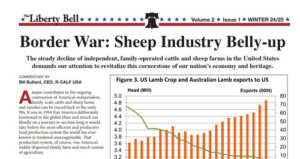 Corporate Transparency Act :
Corporate Transparency Act :
On Dec. 3, 2024, a federal district court in Texas issued a nationwide preliminary injunction preventing the federal government from requiring certain businesses to report their “beneficial owners” to the U.S. Department of the Treasury by January 1, 2025
